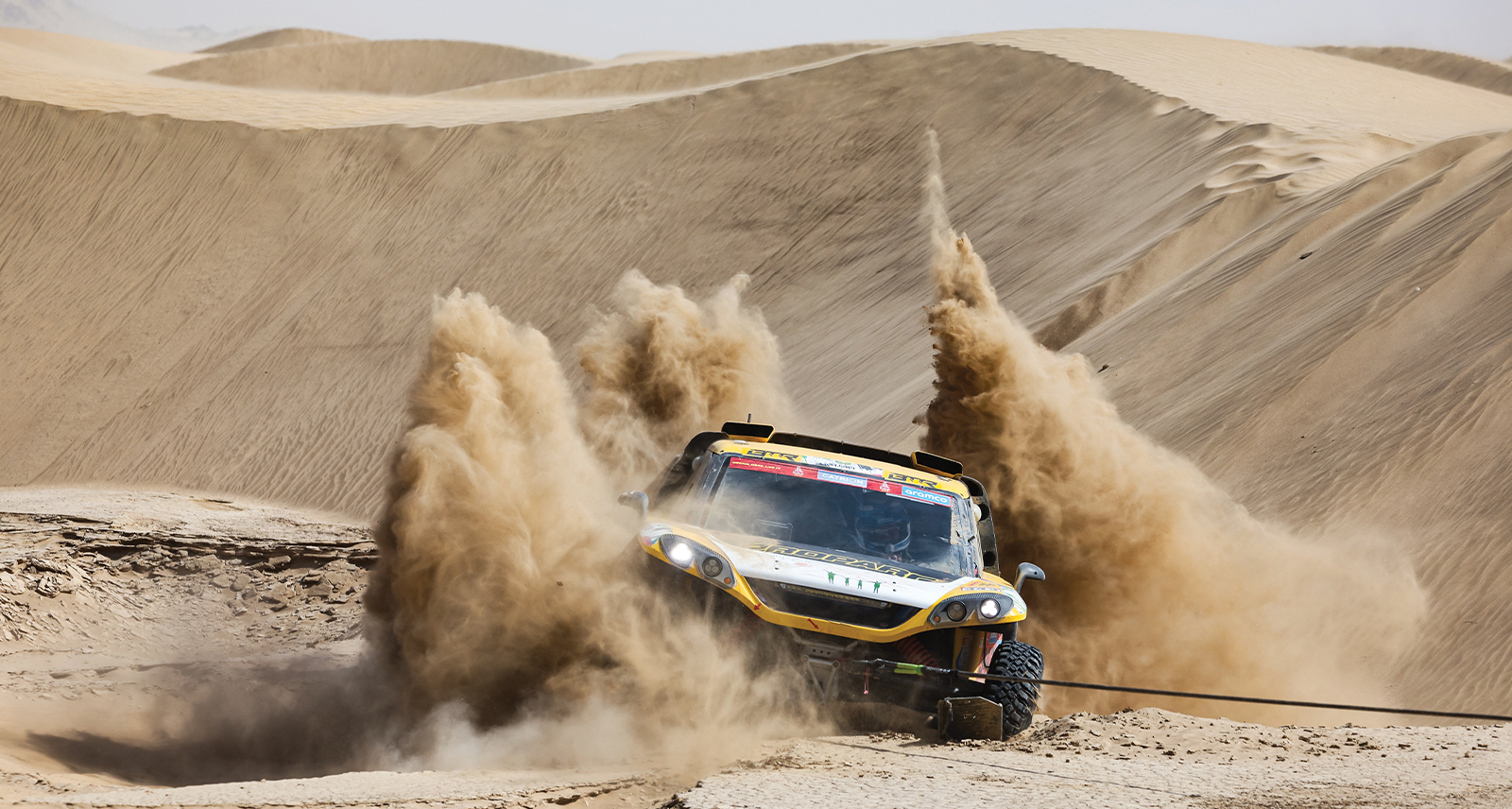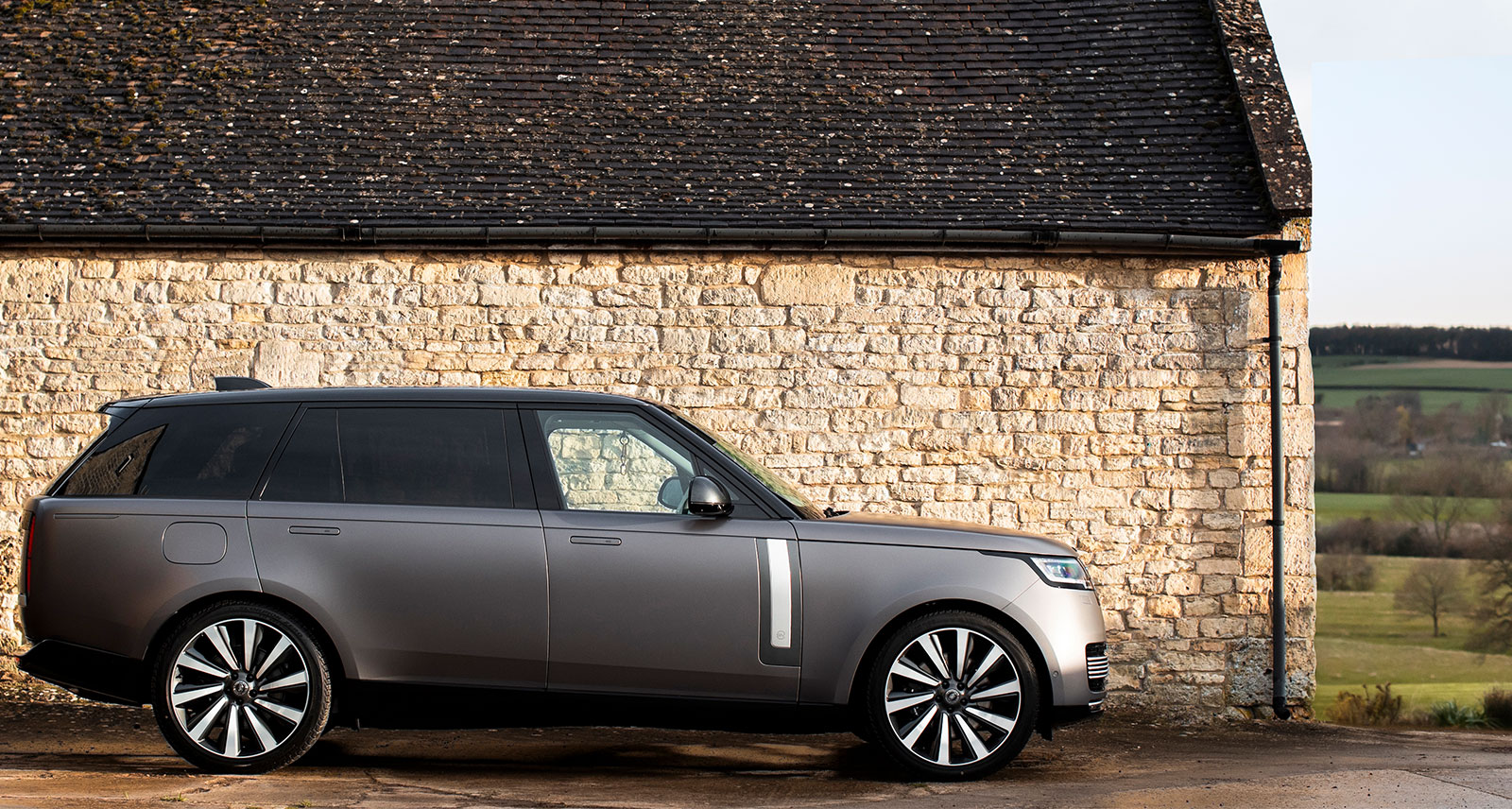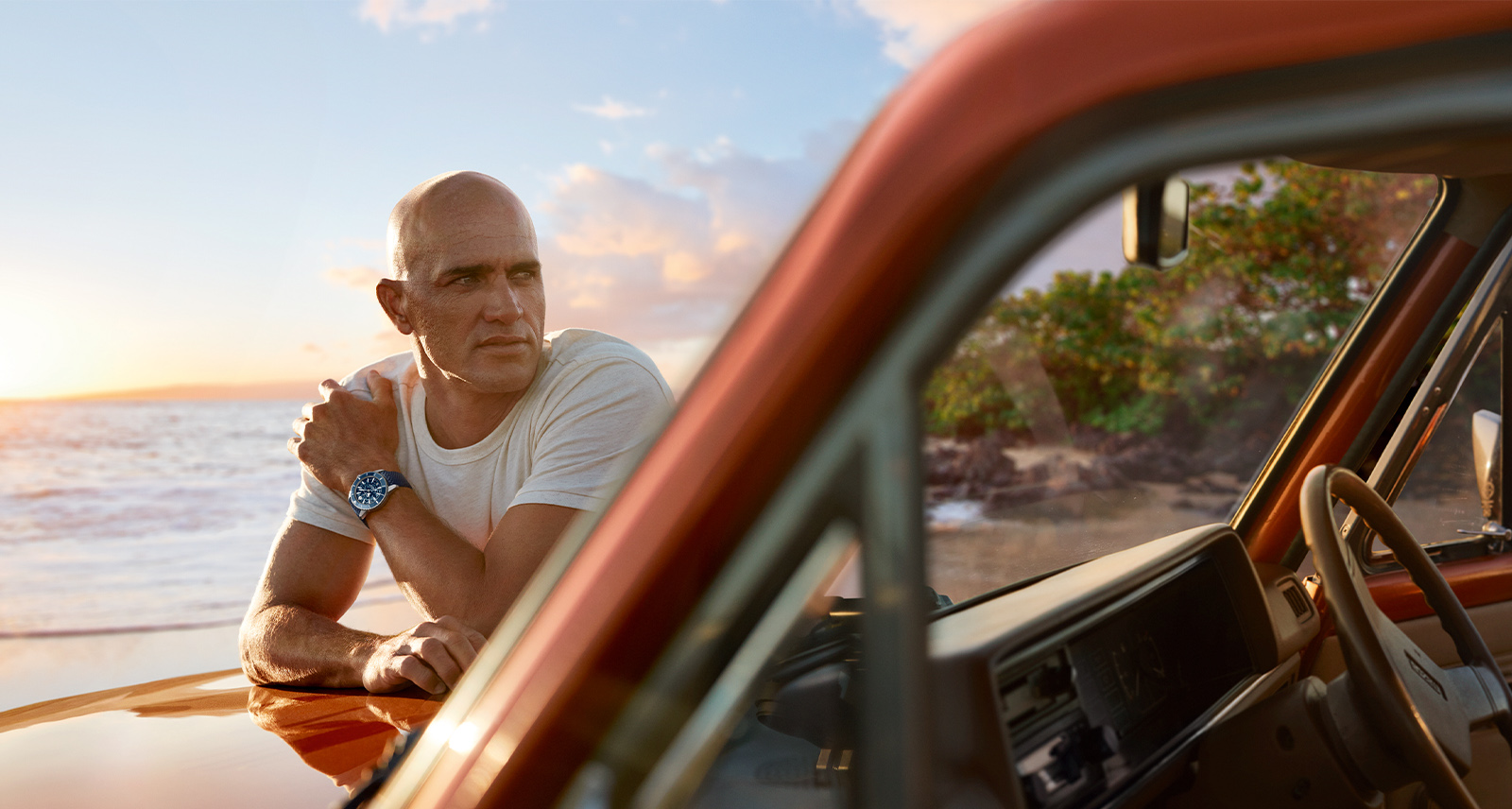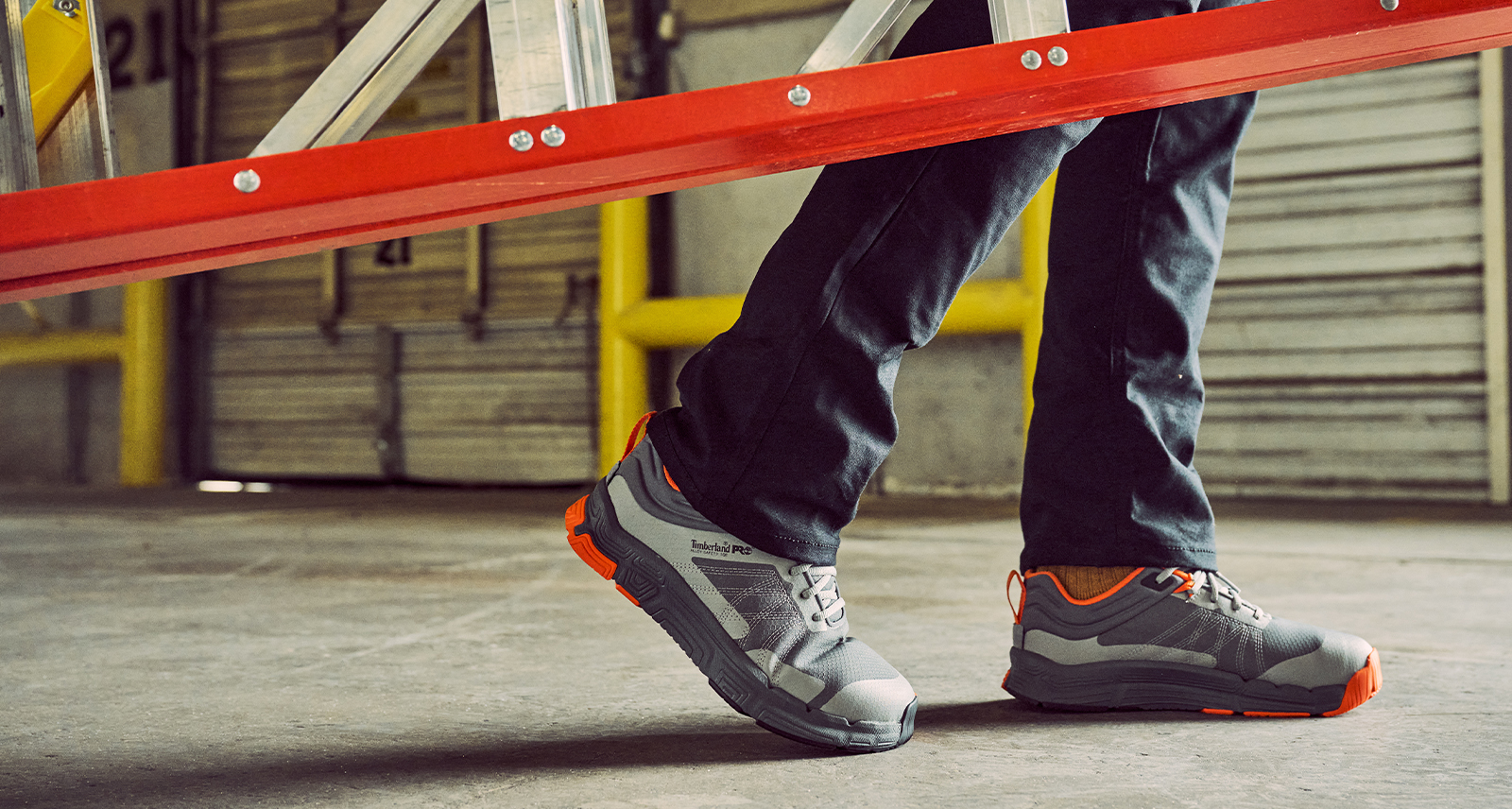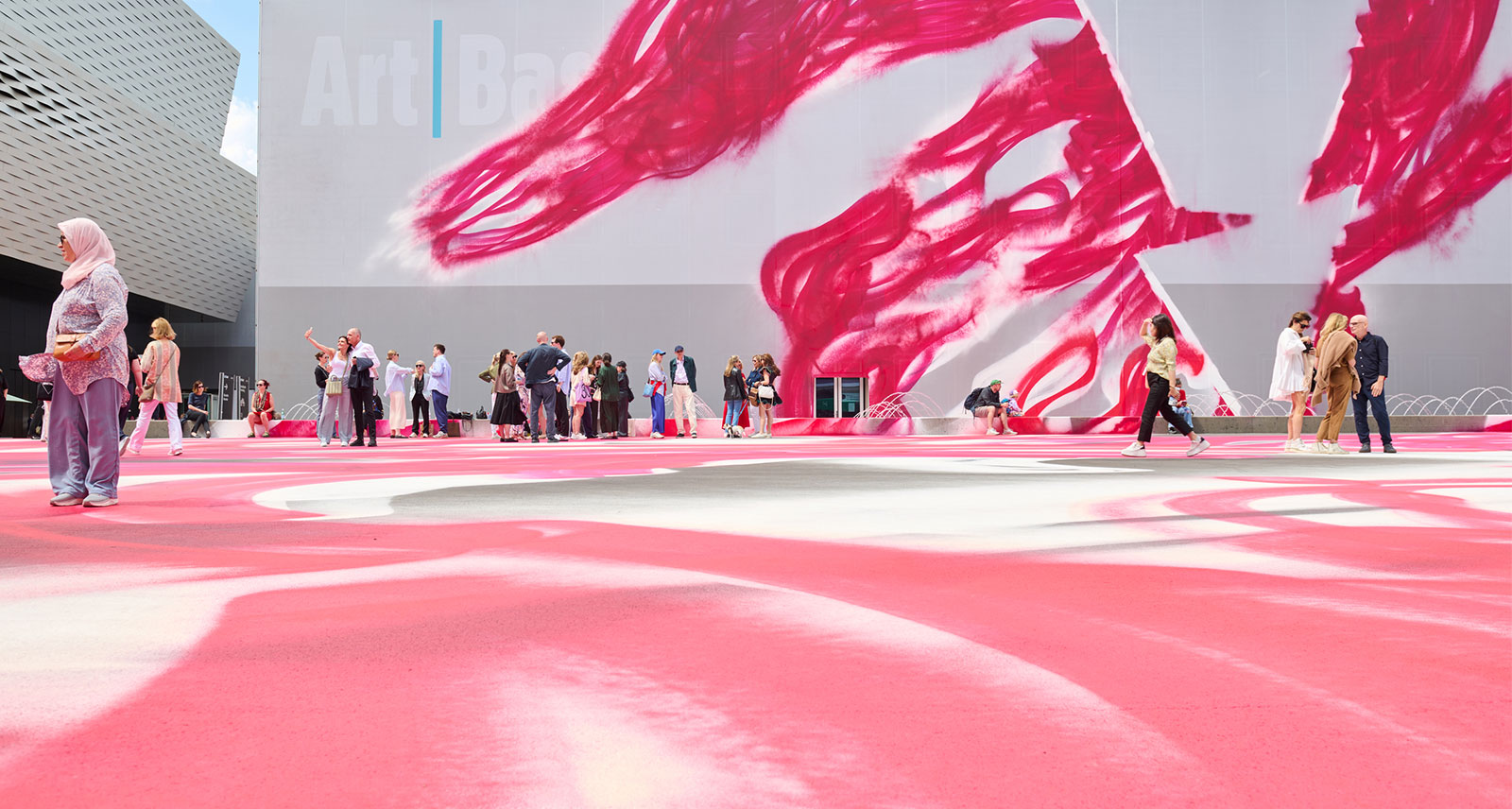Letter From Our Co-Founder: Bring On the New
This past summer’s Monterey Car Week in California represented something of an inflection point between old and new.
The Pebble Beach Concours d’Elegance is, of course, a celebration of classic cars, but Car Week has grown to comprise multiple events, auctions, and private showcases, and car brands big and small capitalize on it as an ideal place to introduce new models. The greatest contrast is between the Concours — a collection of some of the world’s rarest and most valuable classic cars — and the Concept Lawn, where manufacturers show off the designs of tomorrow. This year, the Concept Lawn was overtaken by electric vehicles, displaying models from both established brands like Audi and Genesis as well as upstarts like Rimac. There was even an electric DeLorean.
What remained of the launches of internal combustion engine vehicles is and will be the greatest hits — a wet dream for car enthusiasts. It seems that brands are taking a no-holds-barred approach to power, performance, and extravagance, foregrounding track-day specials like the 911 GT3 RS, monster hypercars like the 1600 hp Bugatti Mistral, or the F1-engined Mercedes-AMG One. But ultimately, even the most outrageous ICE cars will be easily eclipsed, performance-wise at least, by some much less exotic EVs. It’s just far easier to provide the thrilling acceleration associated with supercars and hypercars using an EV drivetrain. Case in point: the 870-hp Polestar 6.
Meanwhile, there’s a surprising — if incredibly niche — market developing for reimagined great cars, like the Singer Porsche 911, Canepa 959, Automobili Amos Lancia Delta Integrale, and Kimera Lancia 037 (trust me: look it up). Multiple new custom shops are stripping these cars to their bare metal, then restoring and improving them to perform as well as any modern performance car while retaining their classic looks. These restomods may represent the apogee of nostalgia and herald the change ahead.
Reimagining classics is certainly cool, and the results in the aforementioned cases are impressive. But so were the originals — and it may be best not to mess with them, especially in the case of very rare examples. More attention needs to be paid to the future, and the race is on to capture the hearts and minds of customers. Not all of the automotive brands of today will make the transition to successful EV manufacturers, which is obvious given the strength of the newcomers, who are quickly multiplying. For legacy brands, there is precious little time to evolve their designs to be at once recognizable and efficient enough to provide an excellent EV experience. Designers won’t be able to stay married to boxy designs without significantly reworking them, as Dodge showed us with its Charger EV — a design that cleverly masks a plunging nose for aerodynamics between upright fenders that present a classic silhouette. I won’t be surprised to see some of the aggressively aerodynamic concepts of decades past reinterpreted to meet this new requirement.
It’s a fine line to walk. Legacy brands need continuity, but in this market, there’s also the expectation of newness and cutting-edge ideas. It’s no different in the realms of fashion or timepieces, either. Recently, there’s been a heavy push toward ’70s and ’80s fashion trends, as well as the reimagining of timepiece designs — some more successful than others. Retro almost always suggests a lack of new ideas, and nostalgia a changing of the customer base. That’s not to say I don’t like those aesthetics — only that leading brands must lead. Relaunching and reinterpreting should also come with a heavy dose of the new.
— Michael La Fave, Chief Creative Officer & Co-founder


